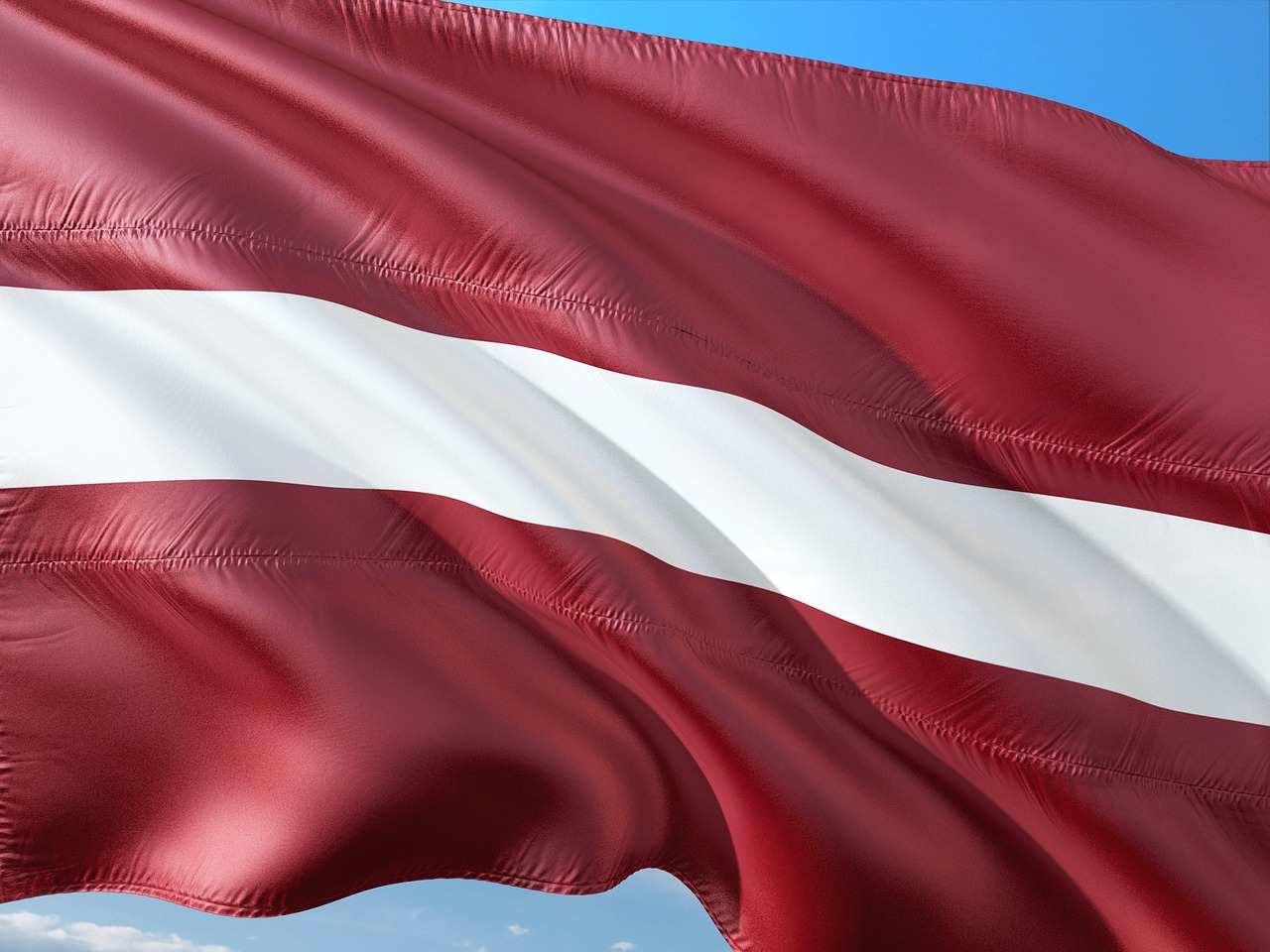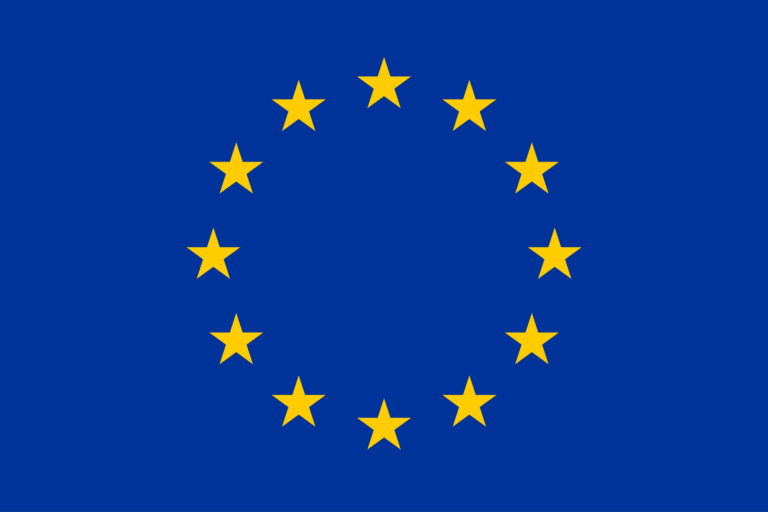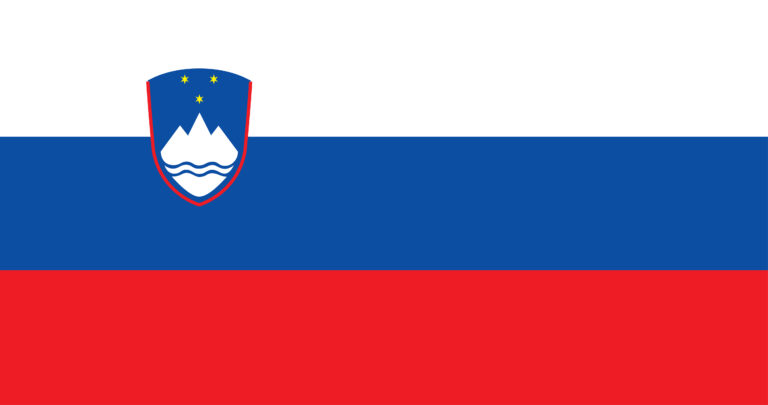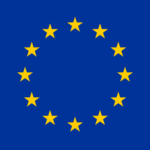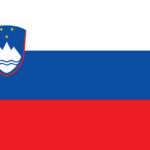Short introduction
Physiotherapy is a dynamic and essential healthcare profession that plays a critical role in promoting mobility, managing pain, and aiding recovery from injuries or chronic conditions. With increasing demand for healthcare professionals globally, physiotherapy degree latvia have the opportunity to make significant impacts in a variety of healthcare settings, including hospitals, rehabilitation centers, and sports medicine. The profession is recognized for its focus on improving patients’ quality of life through rehabilitation, exercise, and physical therapy.
Latvia, as part of the European Union, offers a competitive and well-structured pathway for those interested in pursuing a career in physiotherapy. The country is an attractive destination for international students due to its high academic standards, comprehensive healthcare system, and modern university facilities. Latvia’s educational system is aligned with European standards, making its physiotherapy programs internationally recognized.
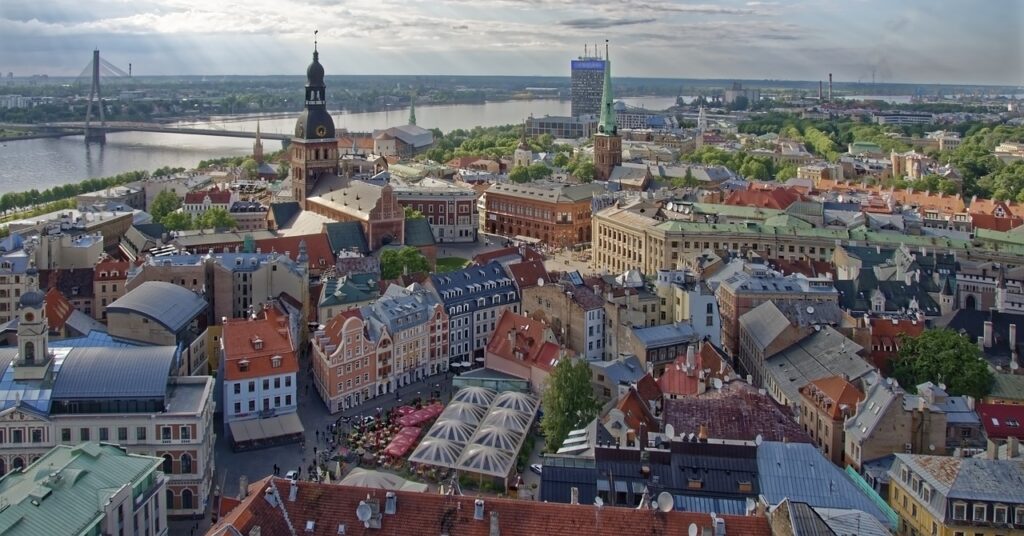
A formal education ensures that students acquire the necessary clinical skills, evidence-based knowledge, and ethical foundations to practice as competent physiotherapists. Graduates who complete accredited programs in Latvia are well-equipped to meet the needs of patients and contribute meaningfully to the healthcare sector both within Latvia and globally.
Duration and Structure of Physiotherapy Degree in Latvia
In Latvia, the physiotherapy degree program typically spans 4 to 5 years, depending on the institution and specific course structure. This duration is in line with the European Higher Education Area (EHEA) guidelines and provides students with ample time to develop a strong foundation in both theoretical knowledge and practical skills.
The European Credit Transfer and Accumulation System (ECTS) is used to measure the workload and academic progress in Latvian physiotherapy programs. Students are required to accumulate between 160 and 240 ECTS credits during their studies. This system facilitates the recognition of qualifications and credits across European Union countries, enhancing the mobility of graduates. It ensures that the academic level of Latvian programs is consistent with other EU countries, providing students with a valuable qualification recognized across Europe.
The structure of the physiotherapy degree program in Latvia is comprehensive, combining theoretical studies with substantial practical training. Core components of the program include courses on human anatomy, biomechanics, musculoskeletal disorders, and rehabilitation methods. Students also learn about the psychological and social aspects of physiotherapy, which are essential for delivering holistic care to patients. Practical training is integrated throughout the program, allowing students to apply their knowledge in clinical settings. In addition to classroom learning, students are required to complete significant internship hours in various healthcare facilities, including hospitals, outpatient clinics, and rehabilitation centers. This hands-on experience is crucial for honing practical skills in patient assessment, treatment planning, and therapeutic interventions.
The inclusion of internships is a defining feature of the physiotherapy degree in Latvia. Students must engage in supervised clinical placements where they interact with real patients, thereby gaining firsthand experience of working in diverse healthcare environments. These internships not only reinforce theoretical concepts but also enhance students’ communication and problem-solving skills, which are vital for effective practice as physiotherapists.
Physiotherapy Degree Program Focus
The physiotherapy degree program in Latvia emphasizes a thorough understanding of health sciences and the rehabilitation techniques essential for effective patient care. The curriculum is designed to provide students with both theoretical knowledge and hands-on clinical skills, preparing them to assess, treat, and manage a wide range of physical health conditions. Students delve deeply into subjects that form the foundation of physiotherapy practice, including human anatomy, physiology, biomechanics, and the pathophysiology of various musculoskeletal, neurological, and cardiorespiratory conditions.
Courses covering rehabilitation methods focus on evidence-based interventions that physiotherapists use to improve mobility, reduce pain, and promote healing in patients recovering from surgery, injury, or illness. Students are trained in a variety of treatment techniques such as manual therapy, exercise prescription, electrotherapy, and thermal therapy, learning to tailor these approaches to meet individual patient needs. In addition, the curriculum incorporates topics on patient care ethics, emphasizing the importance of compassion, patient confidentiality, and professionalism in healthcare practice.
Admission Requirements for Physiotherapy Degree in Latvia
Admission to physiotherapy programs in Latvia typically requires a high school diploma that includes science subjects such as Biology and Chemistry, which provide the foundational knowledge necessary for understanding human health and disease. These subjects are crucial as they form the basis for many of the advanced topics students will encounter during their degree, including anatomy, physiology, and pharmacology. High academic performance in these areas is often a key criterion for acceptance into the program.
In addition to academic qualifications, some universities may require entrance exams or interviews to assess the suitability of applicants for the physiotherapy program. These assessments may evaluate candidates’ understanding of basic scientific principles, as well as their communication skills, critical thinking, and motivation for pursuing a career in healthcare.

The primary language of instruction for physiotherapy programs in Latvia is Latvian. However, many institutions offer courses in English to accommodate international students. While the majority of the program may be taught in Latvian, certain courses, particularly those aimed at non-native speakers, may be available in English. International students who are non-native speakers of Latvian are typically required to demonstrate proficiency in English to ensure they can fully participate in the academic environment. Additionally, students may need to learn some Latvian to engage effectively in clinical placements, as many healthcare settings in Latvia use the national language for patient interactions.
Practical Training and Internship Opportunities
Practical training is a critical component of physiotherapy education in Latvia, ensuring that students are well-prepared to meet the demands of real-world practice. The integration of clinical internships throughout the program allows students to apply their theoretical knowledge in actual healthcare settings, reinforcing their learning and developing practical skills necessary for effective physiotherapy care.
Internship opportunities in Latvia are diverse and typically take place in hospitals, outpatient clinics, and rehabilitation centers. These placements expose students to a wide range of patient conditions, from musculoskeletal injuries to neurological disorders and post-operative rehabilitation. Through these internships, students engage in patient assessments, treatment planning, and the implementation of therapeutic interventions. They also learn to interact with multidisciplinary healthcare teams, refining their communication and collaborative skills, which are essential for delivering quality care.
Certification and Registration
After completing the physiotherapy degree program in Latvia, graduates must obtain certification in order to practice as licensed physiotherapists. The process typically involves registering with the Latvian Physiotherapy Association (LPA), which is the professional body responsible for regulating the physiotherapy profession in Latvia. The LPA sets the standards for practice, ethical conduct, and professional development, ensuring that physiotherapists maintain high levels of competence and adhere to best practices.
The certification process also involves meeting any additional requirements set by the LPA, which may include submitting proof of practical experience, completing post-graduation training, or passing a professional exam. Once registered, physiotherapists are legally authorized to practice in Latvia and can seek employment in a variety of settings, such as hospitals, clinics, rehabilitation centers, and private practices.
The Latvian Physiotherapy Association offers a variety of opportunities for licensed physiotherapists to stay updated with the latest advancements in physiotherapy techniques, research, and clinical practices. These opportunities may include workshops, seminars, conferences, and specialized certification courses in areas such as sports rehabilitation, pediatric physiotherapy, or neurological rehabilitation.
Job Opportunities for Physiotherapists in Latvia
Upon completing a physiotherapy degree in Latvia, graduates have access to a wide range of career opportunities within the healthcare sector. Physiotherapists can work in hospitals, private clinics, rehabilitation centers, nursing homes, and even operate independently as freelancers. In hospitals, physiotherapists play an essential role in post-surgical recovery, musculoskeletal rehabilitation, and treating patients with neurological or cardiorespiratory conditions. Private clinics offer opportunities for physiotherapists to build specialized practices, particularly in areas such as sports therapy or orthopedic rehabilitation.
Rehabilitation centers also provide a growing area of employment, where physiotherapists work with patients recovering from major surgeries, accidents, or strokes. Additionally, nursing homes and long-term care facilities require physiotherapists to assist in the mobility and rehabilitation of elderly patients, particularly those with age-related conditions such as arthritis or frailty. The increasing demand for physiotherapy in geriatric care, as well as its expanding role in rehabilitation services, creates a steady need for qualified professionals in these settings.

The demand for physiotherapists in Latvia and across Europe is expected to rise due to an aging population and the growing awareness of the importance of physical therapy in recovery and long-term health management. Physiotherapists also have the opportunity to expand their careers in sports therapy, working with athletes to prevent injuries and manage rehabilitation, or in pediatric physiotherapy, focusing on treating children with developmental or musculoskeletal disorders. As the need for specialized physiotherapy services increases, so do the job prospects for graduates in Latvia and beyond.

